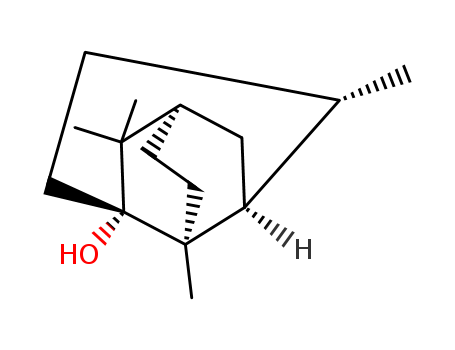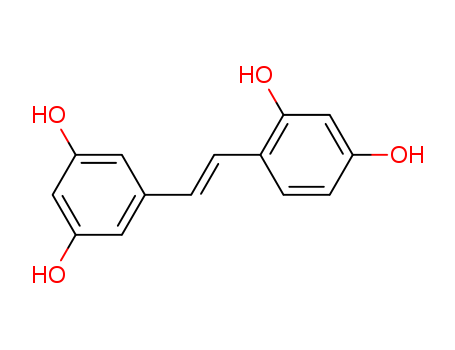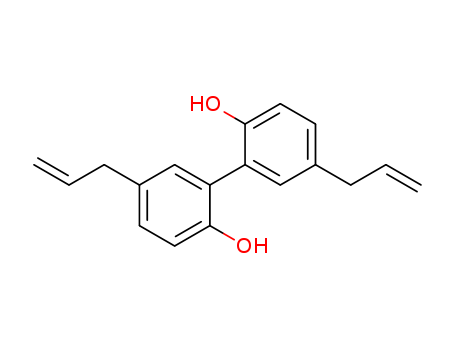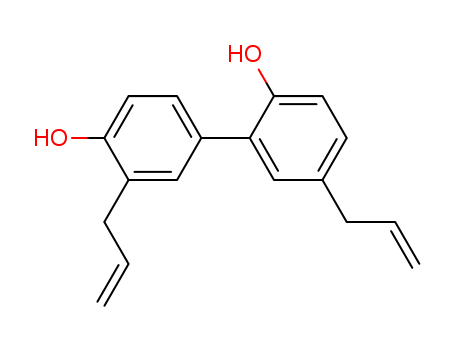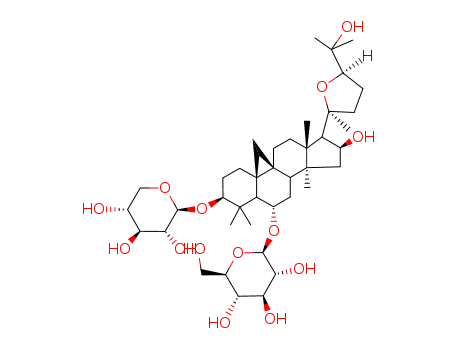Details
1.100% pure and nature angelica root essential oil
2.CAS No. 223747-83-9
3.light brown oily liquid
4.manufacturer,factory1.100% pure and nature angelica root essential oil
2.CAS No. 223747-83-9
3.light brown oily liquid
4.manufacturer,factory
ItemsSpecificationResultsRemarkAppearanceClear,red -brown oily liquidConforms AromaWith characteristic odourConforms Etract methodSupercritical CO2Conforms Ligustilides≥60%67.5%GCMoisture≤1%0.2% SolventAbsentConforms Heavy Metals <10 mg/kgConforms As<0.5mg/kgConforms Pb<0.5mg/kgConforms Cd<0.5mg/kgConforms Hg<0.1mg/kgConforms Total Bacteria<1,000cfu/gConforms Mold<100cfu/gConforms Yeast<100cfu/gConforms E.ColiAbsent Conforms SalmonellaAbsent Conforms PackagingNet 20.00/25.00kg/drum.Shelf life3 years when properly stored. Tightly sealed in a clean, cool, dry place. Keep away from strong, direct light. Angelica essential oil informationAngelica essential oil is extracted from the plant Angelica archangelica (A. officinalis), of the Umbelliferae family. It is a sweet herbal smelling oil that has a spicy undertone and is also known as European Angelica. Oil propertiesIt is of medium viscosity, and is extracted from the rhizome, the seeds and the herb itself.Origin of angelica oilThe plant is said to originate from Africa and was introduced to Europe in the 16th century. It is considered a native plant of northern and eastern Europe, as well as parts of Asia and the Soviet Union, and is found in Scotland, Holland, Lapland and Germany.It is called Angelica, since it normally flowers on the 8th May, which is St Michael the Archangel's Day, and for this reason it is often planted in monasteries and is referred to as "Angel Grass".This herb is included in the famous Chartreuse and Benedictine liqueur. When the Black Plague1.11.100% pure and nature angelica root essential oil2.CAS No. 223747-83-93.light brown oily liquid4.manufacturer,factory
ItemsSpecificationResultsRemarkAppearanceClear,red -brown oily liquidConforms AromaWith characteristic odourConforms Etract methodSupercritical CO2Conforms Ligustilides≥60%67.5%GCMoisture≤1%0.2% SolventAbsentConforms Heavy Metals <10 mg/kgConforms As<0.5mg/kgConforms Pb<0.5mg/kgConforms Cd<0.5mg/kgConforms Hg<0.1mg/kgConforms Total Bacteria<1,000cfu/gConforms Mold<100cfu/gConforms Yeast<100cfu/gConforms E.ColiAbsent Conforms SalmonellaAbsent Conforms PackagingNet 20.00/25.00kg/drum.Shelf life3 years when properly stored. Tightly sealed in a clean, cool, dry place. Keep away from strong, direct light. Angelica essential oil informationAngelica essential oil is extracted from the plant Angelica archangelica (A. officinalis), of the Umbelliferae family. It is a sweet herbal smelling oil that has a spicy undertone and is also known as European Angelica. Oil propertiesIt is of medium viscosity, and is extracted from the rhizome, the seeds and the herb itself.Origin of angelica oilThe plant is said to originate from Africa and was introduced to Europe in the 16th century. It is considered a native plant of northern and eastern Europe, as well as parts of Asia and the Soviet Union, and is found in Scotland, Holland, Lapland and Germany.It is called Angelica, since it normally flowers on the 8th May, which is St Michael the Archangel's Day, and for this reason it is often planted in monasteries and is referred to as "Angel Grass".This herb is included in the famous Chartreuse and Benedictine liqueur. When the Black Plague swept Europe, the herb was considered an antidote for it, and "Angelica Water" was taken up in a Royal Prescription and published by the College of Physicians when the plague swept London in 1665. It is also used to flavor gin, perfumes, and traditionally candied for cake decoration and confectionery.It is a rather large, water-loving herb, with broad pointed leaves dividing into smaller leaflets and has small white-green flowers. It has a strong aromatic scent and a large rhizome.ExtractionThe oil is extracted from the roots, rhizome and seeds and steam distillation is employed to achieve this.Chemical compositionThe essential oil is composed of various chemical constituents such as; a-pinene, camphene, b-pinene, sabinene, a-phellandrene, myrcene, limonene, b-phellandrene, cis-ocimene, trans-ocimene, p-cymene, terpinolene, copaene, bornyl acetate, terpinen-4-ol, cryptone, b-bisabolene, rho-cymen-8-ol, humulene oxide, tridecanolide and pentadecanolide.PrecautionsAngelica oil oil may over stimulate the nervous system. The essential oil extracted from the root can cause photo-toxicity, which in turn could cause irritation should the skin be exposed to the sun.Safety during pregnancy has not been determined and it should not be used by diabetics.Therapeutic propertiesThe therapeutic properties of angelica oil are antispasmodic, carminative, depurative, diaphoretic, digestive, diuretic, hepatic, emmenagogue, expectorant, febrifuge, nervine, stimulant, stomachic and tonic. UsesAngelica oil can be used to help in the treatment of dull congested skin, irritation, psoriasis, accumulation of toxins, arthritis, gout, rheumatism, water retention, bronchitis, coughs, anemia, anorexia, flatulence, indigestion, fatigue, migraine, nervous tension and stress related disorders.SummaryThis oil is great for giving your constitution a boost by invigorating the lymphatic system. It generally detoxifies the body. It can also be used to great effect on respiratory ailments and is a great help in stomach related problems; including flatulence, dyspepsia, nausea, discomfort and indigestion.Burners and vaporizersIn vapor therapy, angelica oil can be used to help clear lungs, for bronchitis, pleurisy and to ease shortness of breath as well as asthma.Blended massage oil and in the bathAngelica oil can be used in blended massage oil, or in the bath, to assist in aiding the lymphatic system, detoxification, digestive problems, to help with colds and flu, as well as to fight fungal growths.Blended in a cream or lotionAs a constituent of a cream or lotion, angelica oil can be used to assist with circulation, arthritis, gout, sciatica, migraines, colds and flu, as well as helping to encourage the natural production of estrogen - this aids in regulating and easing painful monthly periods.Angelica oil blends well withAlthough essential oils blend and mix well aroma-wise with one another, Angelica oil does go very well withbasil, chamomile, geranium, grapefruit, lavender, lemon, mandarin and patchouli.




